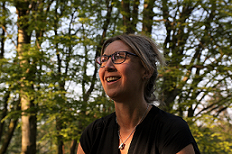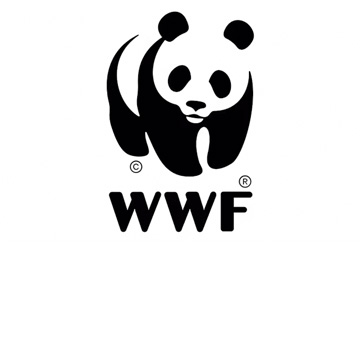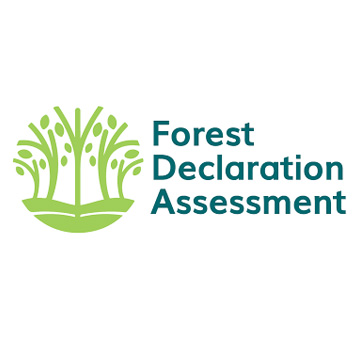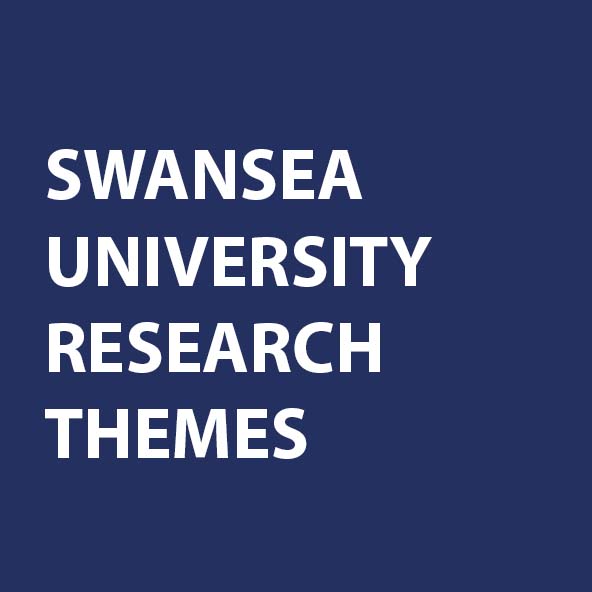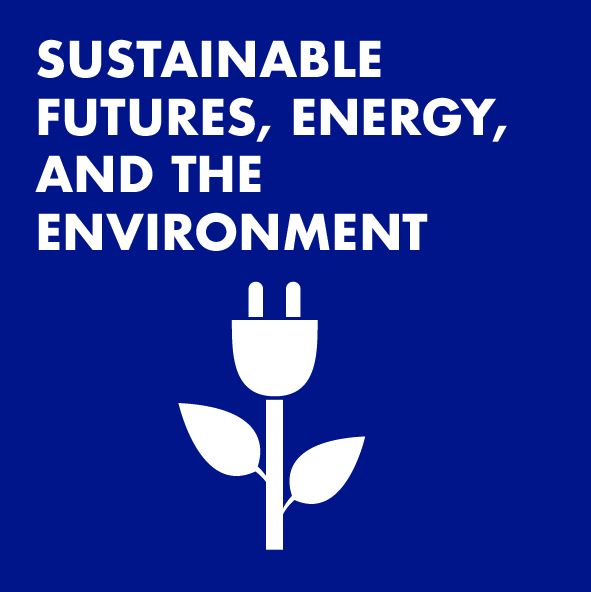The Challenge
The planet has already lost a third of its forests. We’re working with the world’s largest conservation NGO WWF, and the global Forest Declaration Assessment, to ensure it doesn’t lose any more.
Since world leaders pledged to halt and reverse global deforestation at the UN Climate Change Conference 2021 in Glasgow an area of rainforest the size of Denmark has been lost, harming nature, people’s livelihoods and risking the climate.
Forests support the livelihoods of 1.6 billion people, home to 80% of land-based biodiversity and have the capacity to lock away 30% of greenhouse emissions from fossil fuels. The estimated value of the world’s forests is $150 trillion – more than the value of the global stock market. So when we lose forest at an unsustainable rate, we’re damaging both the planet and our own societies.
Despite everything that forests do for nature, people and climate, there are still unsustainable losses of forest around the globe. That is because deforestation is tied to really important elements of the economy, such as our food systems – around 80% of deforestation is associated with agricultural production of our food. Developing sustainable green economies without harming forests is not easy. To address the enormous challenge global forests are facing, in 2022 Geography Professor Mary Gagen began a two year secondment to the World Wildlife Fund - WWF UK to work with them to halt global deforestation. As a result of this collaboration Swansea University became a partner of the Forest Declaration Assessment (FDA), in 2024.
The Method
Despite everything that the planet’s remaining forests do we are still losing them, particularly in the tropical parts of the globe, at an unsustainable rate. This loss has lots of complicated drivers; our food systems, illegality, mining, and conversion of forests for both crops and timber plantations. International trade, in products like beef, soy, palm oil, coco, rubber and coffee, is responsible for a large percentage of this forest loss. Because of the complexity of deforestation drivers, this is not an easy problem to solve. The research team, led by Professor Mary Gagen, are working with WWF and the FDA on ways to halt and reverse deforestation, whilst supporting sustainable economies and food systems.
Tackling the big scientific unknowns
One of the biggest risks to the world’s two largest rainforests, in the Amazon and the Congo Basin, is that the combined impacts of climate change and deforestation could result in a total loss of the forests. If the climate becomes too unstable and too much forest is felled, the death of trees could spread, even to parts of the forest that aren't being felled. If this continues the entire tropical forest basin could be lost. This is known as the tropical forest tipping point and we still have a lot to learn about it if we are going to prevent the largest rainforests from reaching their tipping point. Professor Mary Gagen and team created a Technical Briefing - Risking The Amazon: Why We Need Immediate Action to Reduce the Tipping Point Risk - to support WWF’s action to halt deforestation in the Amazon.
The Forest Pathways Report was launched in 2023, and is the world’s first global blue print for halting and reversing deforestation.
The team investigate factors driving deforestation around the world and bring together solutions and novel approaches to halting them, whilst supporting green forest economies in the nations who depend on their forests for economic growth. Working with the civil society partnership Forest Declaration Assessment and the Forest and Climate Leaders Partnership.



